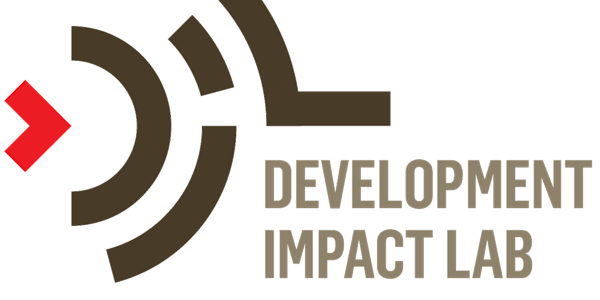
DIL 2016 State of the Science Conference: The Science of Scaling
Date and time
Location
Blum Center for Developing Economies
B100 Blum Hall Berkeley, CA 94720Description
The Science of Scaling: Building Evidence to Advance Anti-Poverty Innovations
View the latest Agenda here!
The Development Impact Lab (DIL), headquartered at UC Berkeley, funded by USAID, and co-managed by the Blum Center for Developing Economies and Center for Effective Global Action (CEGA), has developed a new approach to innovation in the context of global development. The approach – called “Development Engineering (Dev Eng)”–merges advances in engineering with insights from the behavioral and social sciences. In addition to providing a robust, interdisciplinary framework for designing and testing new technologies in the field, DIL encourages researchers to build scale into the R&D process, from the beginning.
Yet the precise barriers to scale are often ill-defined. There are few generalizable mechanisms for scaling evidence-based interventions in emerging markets. To learn from ongoing efforts, DIL is hosting our annual State of the Science conference on The Science of Scaling.
The conference will bring together academic researchers, development practitioners, technology developers, and investors to review the evidence on scaling successful anti-poverty innovations–particularly those developed at universities. Are there proven methods for technology transfer from university to government agencies and non-governmental organizations? Why do some products and interventions scale quicker than others? What facilitates the adoption of new technologies by end-users? This event will explore these questions and help articulate a research agenda for the “Science of Scaling”.
Conference Themes:
- "Enabling Scale with Technology" - Technology is increasingly enabling and accelerating the scale-up of interventions, from low-cost tech tools to biometric authentication. Technology plays combined with parnterships with governments and others hold promise for bolstering successful scale.
-
"Testing at Scale" - While many researchers, donors and implementers endorse a "pilot-to-scale" paradigm, few have invested in testing new technologies or approaches at full scale, and articulated how best to "learn at scale."
-
“External Validity: Multi-country studies: Same Hypothesis, Different Settings” - While multi-regional clinical trials are increasingly commonplace, multi-country studies of non-clinical interventions are less popular. What studies have been conducted with a multi-cluster design, and what have the results shown?
-
"Mixed-Methods Research for Scaling DevEng Innovations" - Quantitative methods are routinely used to evaluate pilot programs and large scale deployments. Qualitative data, found in case studies and/or used for the development of logic models to document the flow of intervention activities and how they were intended to affect outcomes, can also provide valuable information about implementation and barriers to scale.
-
"Subject Area Spotlight: Education Interventions at Scale" - Education interventions in particular have received signficant attention, and researchers are identifying generalalizable tactics and criteria for scale. Some are more mainstream, for example Sesame Street is now viewable in 150 countries, while other, new approaches and ideas are allowed to develop and grow on the margins, then spread.
-
"Using Media and Civil Society to Promote Scale Up" - Researchers have long studied the effects of the media on public opinion and voting behavior. But how, exactly, do media activities affect policy decisions by politicians, bureaucrats, and other government decision-makers? Is there a way to efficiently harness media for evidence-based scale-up? We will discuss case studies involving large, decentralized movements of information and people, as well as targeted campaigns to drive government scale-up of specific policy interventions.
For the most up to date information, visit the conference website here.
Partners: UC Berkeley | USAID | Center for Effective Global Action | Blum Center for Developing Economies
Organized by
The Development Impact Lab (DIL) is an international consortium of universities and research institutes, NGOs, and industry partners addressing global poverty through advances in science and engineering. Headquartered at the University of California, Berkeley (UCB), DIL was launched in 2012 with support from the U.S. Agency for International Development (USAID), in collaboration with the U.S. Global Development Lab. DIL is managed by the Blum Center for Developing Economies and Center for Effective Global Action.